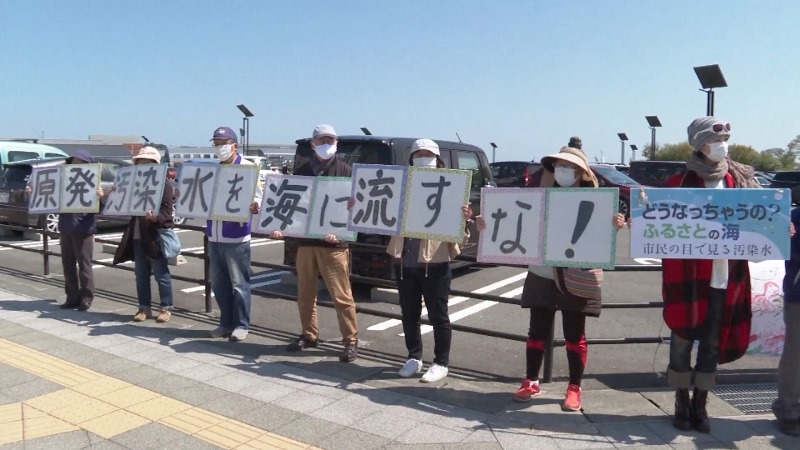April, 14, 2021

The Silk Road Journal: By Mahika Ming
The 2011 Fukushima nuclear accident which took place in Japan according to analysts has had a profound impact on the marine environment, food safety and human health of neighboring countries. Hiroshima and Nagasaki in Japan were the targets of the first recorded nuclear attack in 1945 when the United States of America tested their nuclear capacity to end WW II. However, Japanese scientists attached to the special division within the Imperial Army were way ahead than any other country in developing biological weapons using Chinese peasants as laboratory rats while they were occupying parts of Great China during the same period.
Six years after the Japanese Air Force bombed the state health facility for mentally ill at Mulleriyawa, Sri Lanka, in 1951 then Finance Minister of Ceylon J.R. Jayawardena at the San Francisco summit urged the parties to WW II to pardon Japan quoting the teachings of the Buddha. Since then Japan has helped Sri Lanka in many ways and at the recent Geneva sessions when Sri Lankan armed forces were charged on violating human rights Japan abstained from voting.
A decade has passed since the Fukushima nuclear accident. Japan according to reports is not willing to postpone the disposal of radioactive water from the destroyed Fukushima nuclear power plant and is also planning to reconstruct the facility amid growing objections from within and abroad. Thousands of Japanese protested at a rally near the Onahama port, Iwaki City last week protesting against the Japanese government decision to dump the waste in the Pacific Ocean.
According to a survey done in Japan, 51 percent of the public are against the waste being released and only 18 percent are in favor. For some time since October 2020, the Japanese government has been trying to announce the disposal of the contaminated water into the ocean and in December 2020 civil society organizations including environmental groups in the affected area collected 450,000 signatures from Japanese citizens opposing the disposal of contaminated water. Since 2011 the operator of the Fukushima nuclear plant, Tokyo Electric Power is keeping more than one million tons of irradiated cooling water in their facilities to be disposed.
The 2011 accident has had an impact on Japanese economy as about 15 states and regions including South Korea have imposed import bans on agricultural and marine products from Japan. However Japanese Ministry of Fisheries has stated that releasing radioactive water into the Pacific Ocean is supposed to be an international decision and the United Nations' Nuclear Agency has so far not objected to the Japanese plan to dump the wastewater into the Pacific Ocean.
The writer is an analyst with interests in the financial and sustainable development sectors with postgraduate exposure in the Far East (mahika.ming@gmail.com).
Video Story